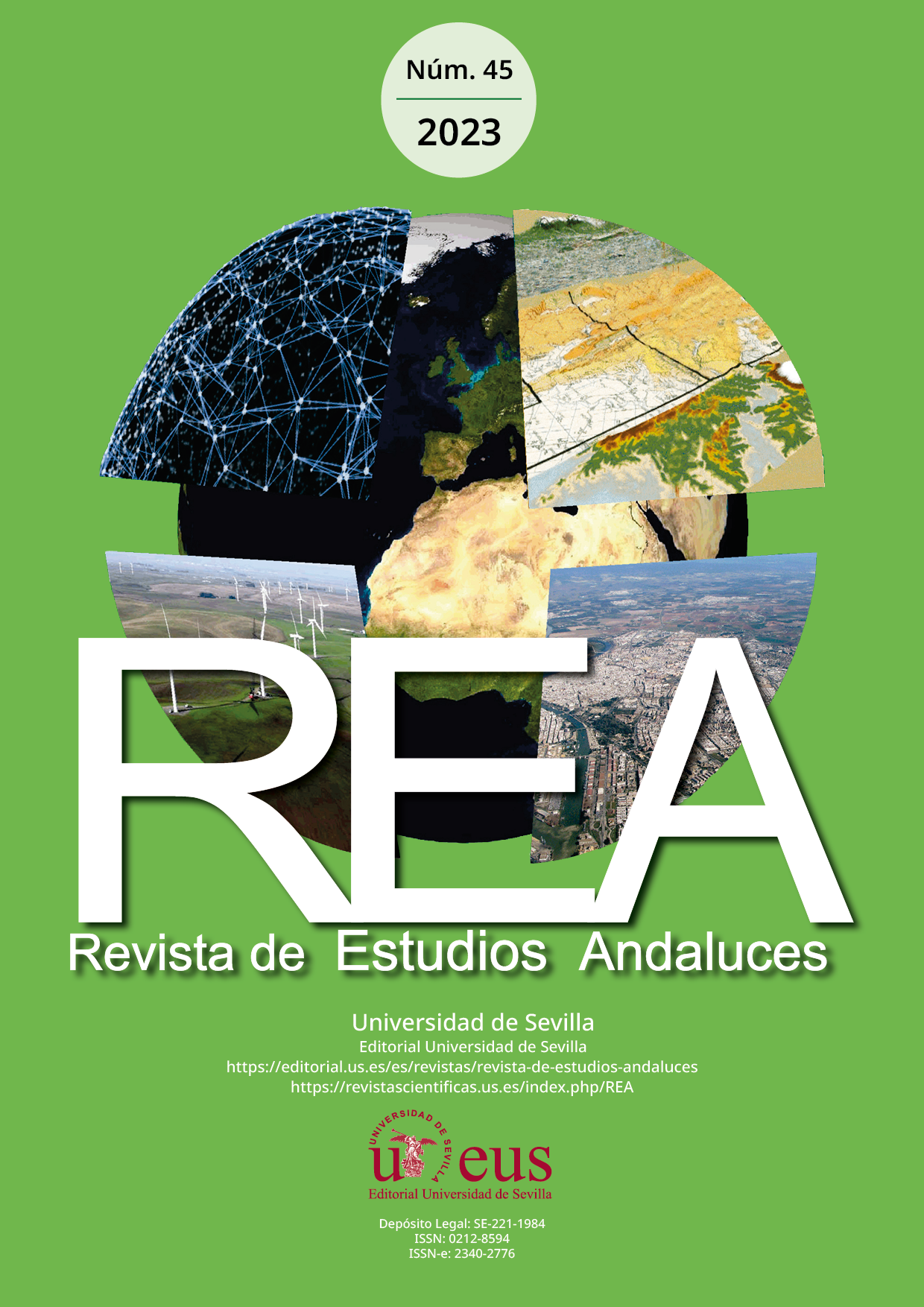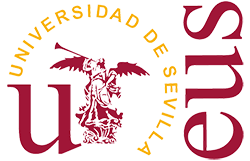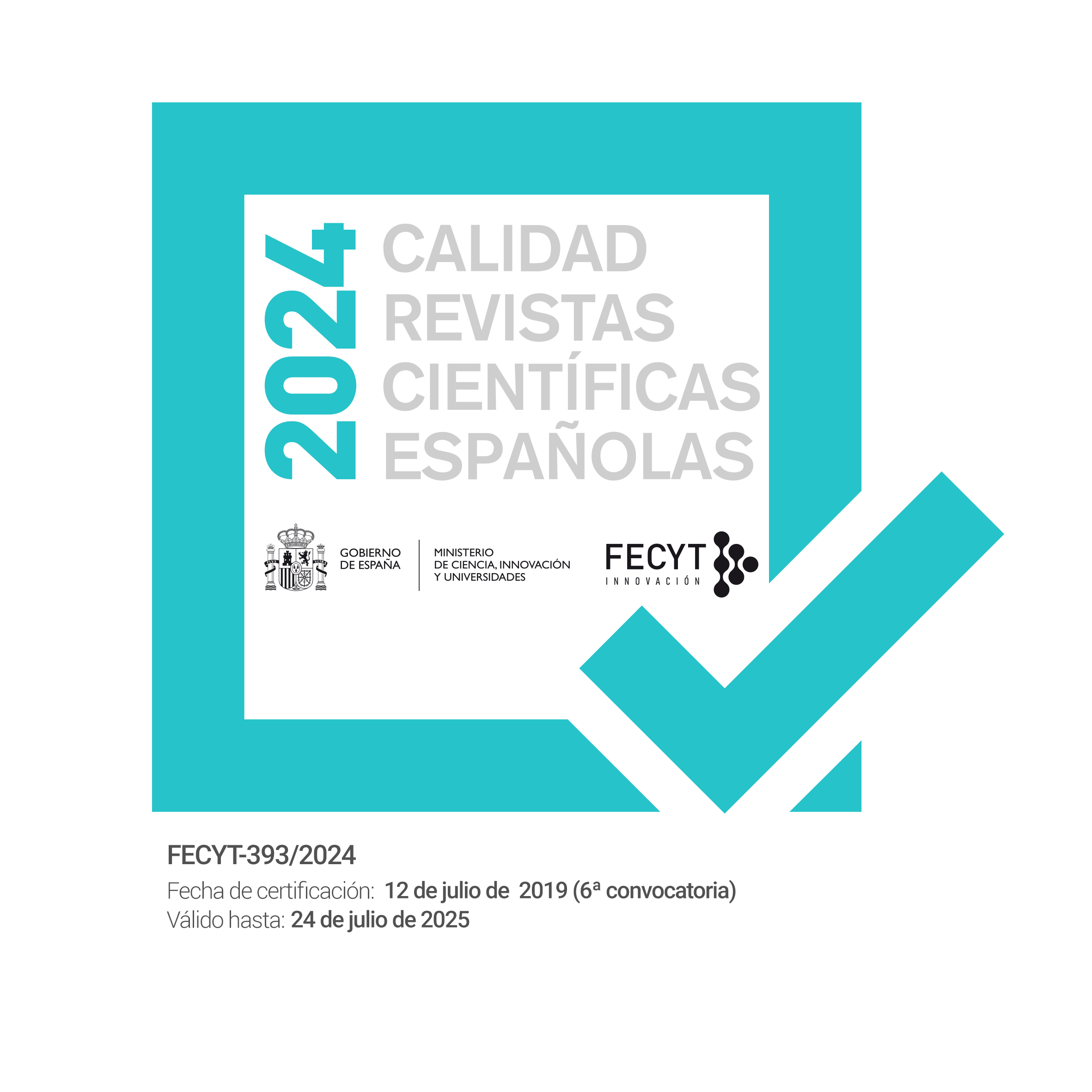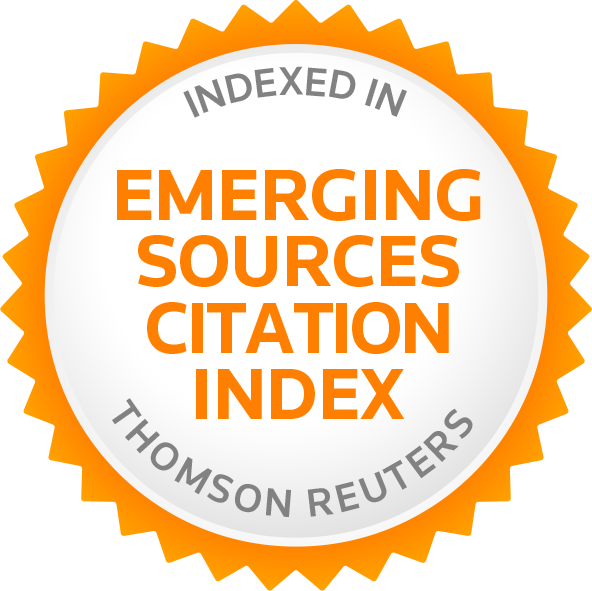Emotional intelligence: A study of the TEIQue-SF applied to potential leaders in the university environment
Palabras clave:
Emotional intelligence, Leadership, Trait emotional intelligence, TEIQueResumen
Emotional intelligence is becoming more and more relevant in a multitude of fields, including business. This current prominence has led different currents of work to suggest that emotional intelligence is an important factor for effective leadership in organisations.
Our study focused on the analysis of the emotional intelligence of university students for two reasons: on the one hand, the task of leadership is a complex task, both because of the functions developed in themselves, and because of the skills and requirements needed. On the other hand, university students, particularly those related to management studies, may potentially be involved in future selection processes for positions of responsibility.
The process carried out to find out the degree of such intelligence, to predict their leadership abilities and their possibilities of adapting to relevant roles, has been instrumented through an adaptation of the Petrides Self-Report questionnaire in its short form. Similarly, we sought to identify the main dimensions that make up emotional intelligence, based on an initial research proposal by the aforementioned author.
The results found regarding the self-assessment of university students show a very small standard error of the mean, meaning that the responses collected are fairly accurate with respect to reality. Therefore, in conclusion, in the questions posed regarding self-assessment of competences and emotional intelligence to assume positions of responsibility, it can be affirmed that the students show a medium-high level of EI. This reflects a clear tendency to offer a high level of self-assessment, showing a significant level of self-confidence and security. In addition, among the final considerations, different possible lines of future research have been suggested, seeking alternatives to implement measures to mitigate the subjectivity in the assessments, through the questionnaires themselves or the design of the questions, or proposing to design new teaching methodologies to develop the dimensions of students’ emotional intelligence identified through this study.
Descargas
Descargas
Publicado
Cómo citar
Número
Sección
Licencia
Derechos de autor 2023 Revista de Estudios Andaluces

Esta obra está bajo una licencia internacional Creative Commons Atribución-NoComercial-CompartirIgual 4.0.
La edición electrónica de la Revista de Estudios Andaluces se ofrece en acceso abierto desde el número 28 publicado en 2011 hasta la actualidad. Las ediciones impresa y electrónica de esta Revista son editadas por la Editorial de la Universidad de Sevilla, siendo necesario citar la procedencia en cualquier reproducción parcial o total.
La Revista de Estudios Andaluces no cobra tasas por el envío de trabajos, ni tampoco cuotas por la publicación de sus artículos. La Revista es gratuita desde el momento de la publicación de cada número y sus contenidos se distribuyen con la licencia “CreativeCommons Atribución-NoComercial-SinDerivar 4.0 Internacional” , que permite al usuario de la Revista de Estudios Andaluces criterios que cumplen con la definición de open access de la Declaración de Budapest en favor del acceso abierto. Puede consultar desde aquí la versión informativa y el texto legal de la licencia. Esta circunstancia ha de hacerse constar expresamente de esta forma cuando sea necesario.







